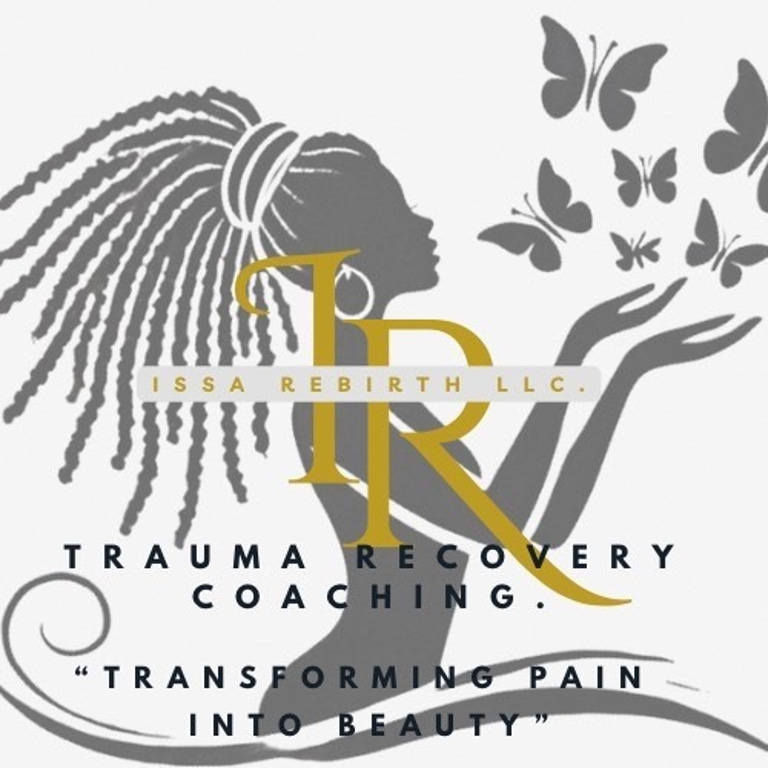Breadcrumbs Aren’t a Meal
Blog post Stop Settling for the Bare Minimum in Love description.
RELATIONSHIPS
By Kenisha L. Miller | Issa Rebirth Coach | www.issarebirth.net | @issarebirth_coaching
7/28/20253 min read


“You don’t have to prove you’re worthy of love by accepting crumbs when you deserve the whole feast.”
What is Bread Crumbing?
Bread crumbing is a manipulative dating tactic where someone offers small, inconsistent, or minimal signs of interest—just enough to keep you around, but never enough to actually build a meaningful relationship.
It looks like:
• Random “hey stranger” texts at night
• Flirty DMs with no follow-through
• Vague plans that never come to life
• Just enough affection to create hope, but not enough to create consistency
It’s emotional manipulation disguised as connection—and it leaves you starved for more.
As licensed psychologist Dr. Jennice Vilhauer explains, “Bread crumbing is about control and validation. The bread crumber gives you just enough attention to keep you hopeful and emotionally invested, but not enough to meet your actual needs” (Psychology Today, 2016).
How People Accept the Bare Minimum (Often Without Realizing It)
Many people don’t realize they’re accepting less than they deserve because they’ve never experienced more. Trauma, low self-worth, or fear of abandonment can condition us to confuse emotional scraps with love.
Here are subtle ways people accept the bare minimum:
• Over-explaining your worth to someone who never asked
• Feeling “lucky” that someone even chose you
• Mistaking mixed signals for mystery or chemistry
• Being loyal to someone who is inconsistent, unavailable, or non-committal
• Letting actions slide because of strong words like “I miss you” or “You’re different”
• Celebrating the smallest effort like it’s a grand gesture
If you constantly have to guess where you stand, or if you’re emotionally drained by the connection—you’re being served breadcrumbs, not a partnership.
Why Do We Settle for Less?
It’s not because we don’t know what we want.
It’s because somewhere deep down, we’re not sure we deserve it.
Psychologist Dr. Margaret Paul explains that people with unhealed inner child wounds or abandonment trauma often settle for less to avoid the fear of being alone (MindBodyGreen, 2020). Many of us learned early on that love must be earned through suffering, silence, or shrinking ourselves. So when a relationship reflects that same dynamic, we confuse familiarity with safety.
How to Stop Accepting the Bare Minimum
Healing is how you raise your standards. You don’t stop accepting breadcrumbs by waiting for someone to offer more. You stop by realizing you’re hungry for the wrong kind of love.
Here’s how to begin:
1. Get honest about your patterns
• What have you been calling “love” that’s really just survival mode?
• Who are you still trying to prove your worth to?
2. Identify your unmet needs
• Do you need emotional support, consistency, physical touch, loyalty, reassurance?
• Name it. Claim it. Don’t shrink it.
3. Practice self-validation
• Start affirming your worth daily: “I don’t have to beg to be chosen.”
• Your standards aren’t too high—they just no longer cater to people who don’t show up.
4. Create boundaries around energy
• If someone only texts at night, stop replying.
• If they disappear and reappear, don’t romanticize the return.
• Teach your nervous system peace over intensity.
5. Invest in the relationship with yourself
• What you tolerate in love is often a reflection of how deeply you value your own heart.
What’s More Than the Bare Minimum?
A healthy connection doesn’t leave you confused. It leaves you grounded.
Here’s what “more than the bare minimum” actually looks like in a relationship:
• Intentionality – They don’t just want you, they plan for you.
• Consistency – Their actions match their words, regularly.
• Respect – They honor your time, boundaries, and emotional space.
• Emotional Support – They hold space for your emotions, not weaponize them.
• Effective Communication – They don’t leave you guessing. They clarify, not confuse.
• Transparency and Honesty – Even when it’s uncomfortable, the truth is the standard.
• Loyalty – You feel safe, not in competition.
• Effort – They show up—with energy, attention, and follow-through.
Final Word: You Are Not Hard to Love
Sometimes we confuse struggle with passion. We think if love doesn’t hurt, it must not be real. But love isn’t supposed to leave you starving.
You’re allowed to want more than breadcrumbs. You’re allowed to stop explaining why. You’re allowed to walk away from “almost,” “maybe,” or “when they’re ready.”
You are the table. And you deserve someone who brings the meal, the candlelight, and the conversation.
🖊️ Journal Prompt
Take a few moments to reflect on your past or current relationships and write freely:
“Where in my life have I been accepting emotional breadcrumbs instead of a full, nourishing connection? What does it look and feel like to be fully chosen, respected, and emotionally supported in love?”
Let this be an honest space—no judgment, just truth. The more clearly you define what love isn’t, the closer you get to the love you deserve.
Sources
• Vilhauer, J. (2016). Are You Being Breadcrumbed? Psychology Today.
https://www.psychologytoday.com/us/blog/living-forward/201612/are-you-being-breadcrumbed
• Paul, M. (2020). Why You Settle For Less in Love (And How to Stop). MindBodyGreen.
https://www.mindbodygreen.com/articles/how-to-stop-settling-for-less-in-relationships
Created by Kenisha L. Miller | Issa Rebirth Coach
Instagram: @issarebirth_coaching
Website: www.issarebirth.net

